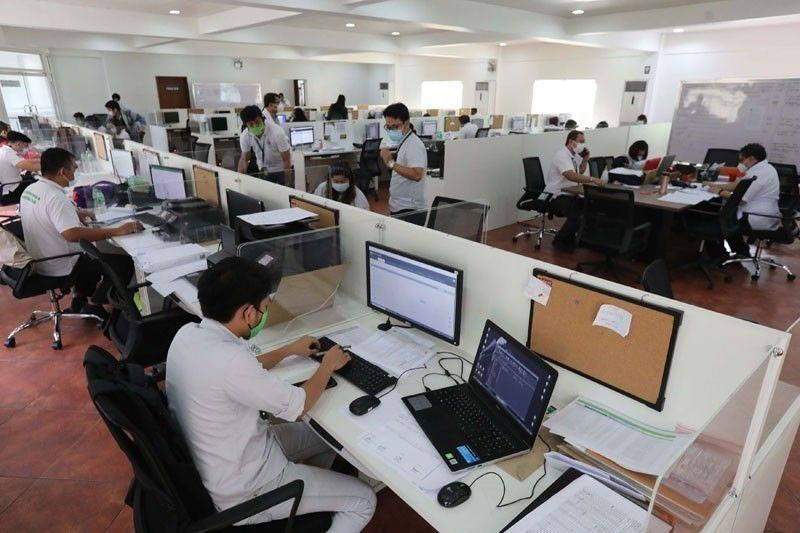Study on gov’t pay hike could finish in time for 2024 budget

THE Department of Budget and Management (DBM) said it hopes to complete a study to evaluate the need for raising government workers’ pay, in time for its recommendations to be incorporated in the 2024 budget.
Budget Secretary Amenah F. Pangandaman said around P48 million was allocated from the budget of the Governance Commission for Government-Owned or -Controlled Corporations (GCG) for the study, which will cover the compensation structure of National Government agencies and GOCCs.
“This is to ensure that the compensation of all civilian personnel will be competitive with those in the private sector,” she said. “Soon, we will have the result of the study, maybe some time in September or October.”
“If we ever do need an increase, I think we have enough time to adjust (the 2024 budget) in the last quarter of the year, which is when deliberations take place. We hope the study will be advantageous and beneficial to government workers,” she added.
According to Ms. Pangandaman, if another round of salary increases for government employees is deemed necessary, the adjustment will be implemented in tranches, as it was with the previous salary increases dictated by the Salary Standardization Law (SSL).
The SSL was signed by former President Rodrigo R. Duterte in 2019, the fifth such law to date which called for increased salaries of government workers.
The law adjustments kicked in on Jan. 1 of every year until 2023, covering personnel who are “regular, casual, or contractual; appointive or elective; and on full-time or part-time basis.”
“Apart from the conduct of the study, we, in DBM, are also undertaking a review of the rates of the existing benefits being provided to government employees, in order to assess if there is a need to adjust them in the future,” Ms. Pangandaman said.
She said the 2024 proposed budget will feature at least a minimal increase in uniform and clothing allowances for government workers.
DBM Director Gerald R. Janda of the Organization, Position Classification, and Compensation Bureau said the study also includes possible hikes in travel allowances and other benefits.
“As soon as we complete our study, we will take the matters to our senior officials and our Secretary for policy decisions,” Mr. Janda said.
Separately, the DBM, the GCG, and the Civil Service Commission (CSC) signed a joint circular on the guidelines for implementing Republic Act (RA) No. 11701, which grants night shift differential pay to government employees.
“Today’s signing of the Joint Circular with CSC Chairperson (Karlo Alexei B.) Nograles and GCG Chairperson (Justice Alex L.) Quiroz will ensure that the guidelines on the night differential are widely disseminated and guarantee its uniform policy interpretation and effective and efficient implementation,” Ms. Pangandaman said.
The CSC, in partnership with the DBM, promulgated the implementing rules and regulations of RA 11701, which took effect on Feb. 25, 2023.
Under RA 11701, those with working hours falling between 6 p.m. and 6 a.m. of the following day will be compensated for taking on such hour.
According to the law, the night shift differential pay should be at a rate not over 20% of the basic hourly rate, as authorized by the head of agency. In the case of public health workers, the rate should not be below 10% of the hourly basic rate.
However, the law excludes government employees with regular work day schedules; those who are required to be on call, 24 hours a day, such as the uniformed personnel; and workers under a job order or contract of service.
“The salary increase, and now, the night differential are intended to help cushion the daily challenges of living and raising a family,” Ms. Pangandaman said. — Keisha B. Ta-asan



